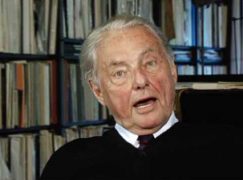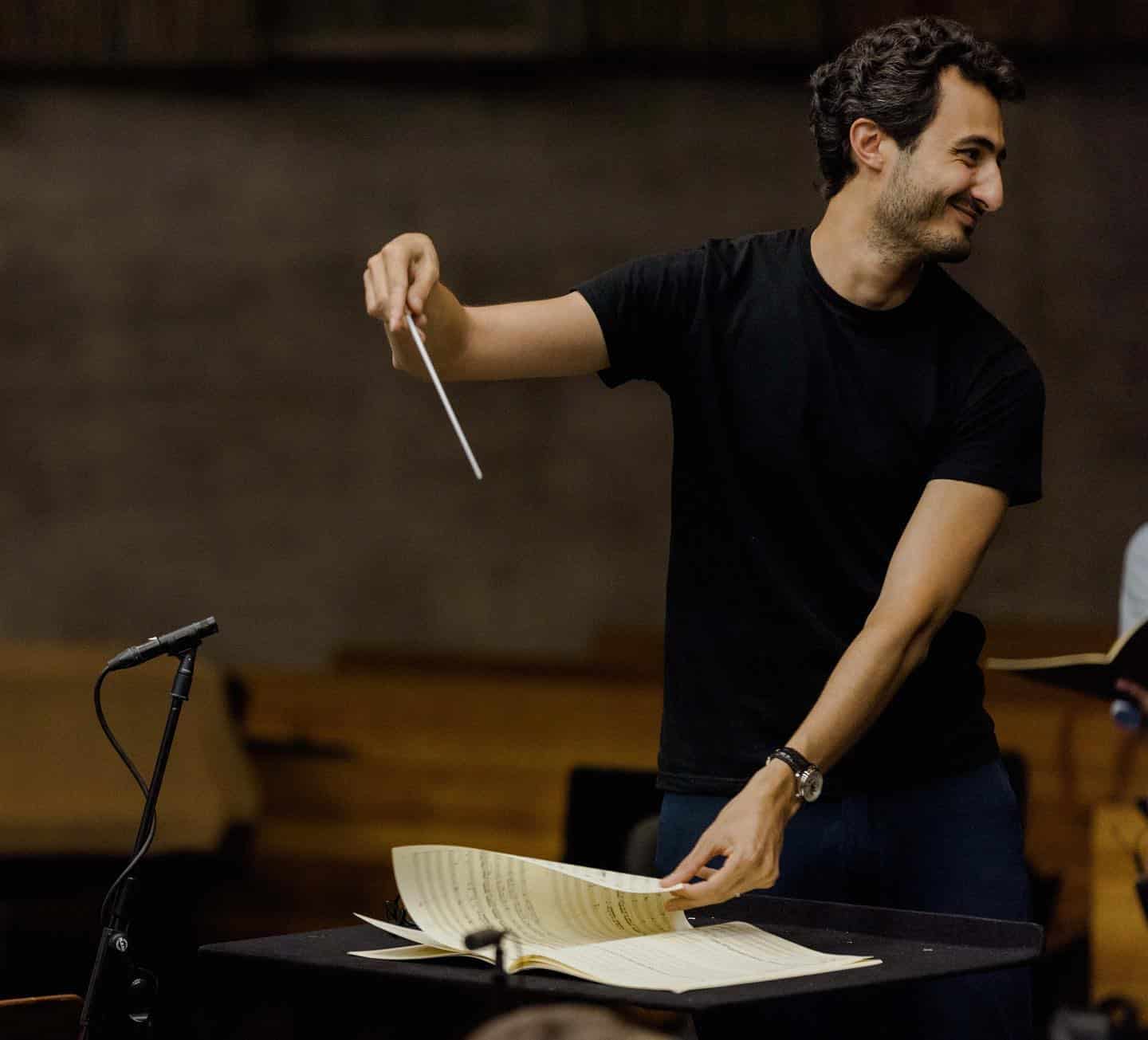Doyen of German music critics has died
mainJoachim Kaiser is no more.
He was 88.
An East Prussian who lived in Stuttgart, he wrote a popular guide to pianists.
Valdimir Askenazy said of him: ‘ His tendentious but impressively presented utterances tend to be treated as gospel by large sections of the German music world’.






R.I.P.
I watched all his video teaming up with Christian Thielemann talking about the Beethoven symphonies. It’s also about time to let the younger generation speak.
I am sure this is lost upon no-one but I shall say it anyway: Ashkenazy’s comment could be viewed positively or negatively. I personally found Kaiser’s pronouncements generally irritating, demonstrating a fair degree of conceit and in fact a pretty shaky knowledge, particularly regarding the art of piano playing. Though certainly highly intelligent and cultured, when it came to the minutiae he was after all just a critic, though he certainly wished he were more.
I won’t disagree. My take is slightly different: one can gain insights by listening to Kaiser, as long as one does not mistake him for a pope (he was referred to as “pope of the German music critics.) Alas, his refinement and articulacy made him sound too convincing. I’ve heard similar arguments against economist John Kenneth Galbraith. The low end version of this problem is when an arrogant person with good sales skills shouts out opposite points of view, using manipulative arguments, and blatantly disregarding facts, logic or even their own previous statements. In all above instances, conviction trumps substance.
https://twitter.com/newyorker/status/803301206525431808
I grew up with Kaiser’s radio broadcasts and as a youngster devoured his two main books regarding piano playing:
“Grosse Pianisten in unserer Zeit ” and “Beethovens 32 Klaviersonaten und ihre Interpreten”.
His general analysis of the great pianists in the 20th century is still very readable and IMHO a very accurate account, no more opinionated or less valid than lets say Harold C. Schonberg’s equivalent.
For me it was always inspiring reading his very nuanced and carefully worded articles even if one would disagree from time to time. He had a great amount of sensitivity and certainly knew the the scores inside out.
I also had the privilege to play a recital where he introduced each of the works. He sat actually on stage, next to a speakers desk, which was a somewhat frightening set up. But that’s when I found out what an utterly charming and humorous man he was.
We chatted incessantly an hour before and long after the concert, and there was no hint of any pretentiousness or arrogance coming from him.
He was — together with literary doyen Marcel Reich Ranicki — one of postwar Germany’s most influential and revered cultural journalists.
May he rest in peace.